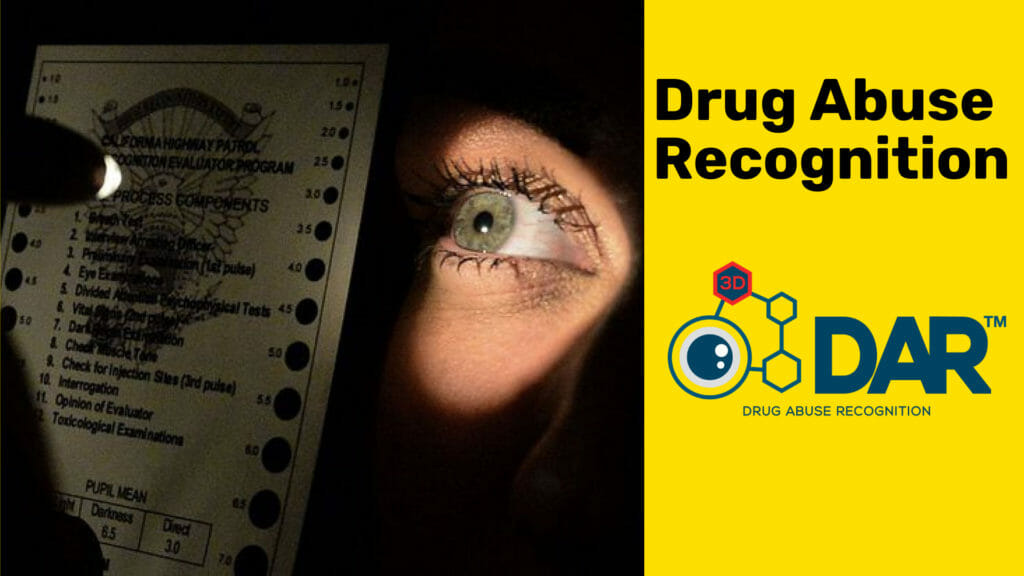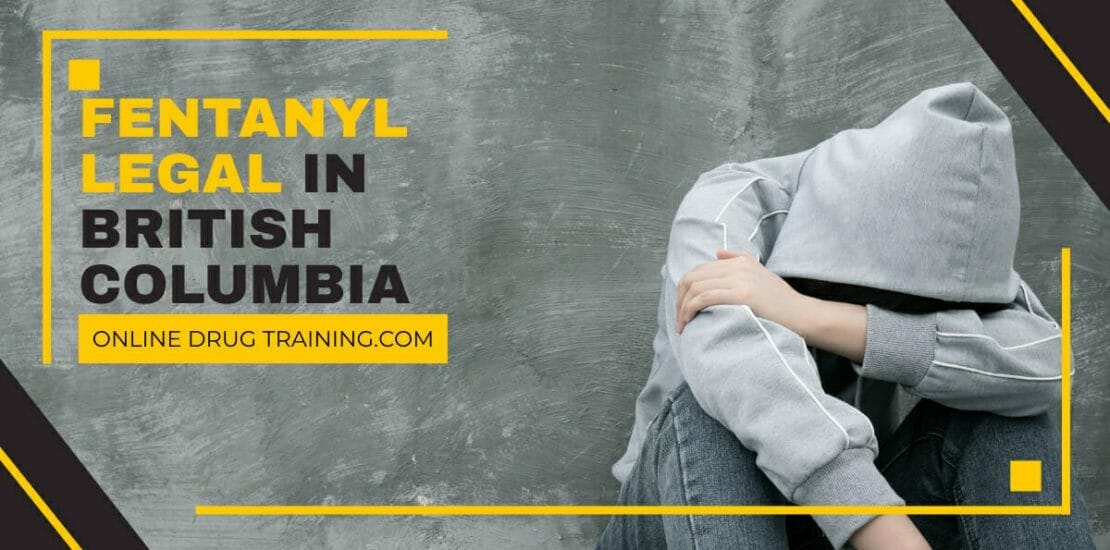BC's Drug Decriminalization: A Step in the Wrong Direction
The recent move by the government of British Columbia to decriminalize heroin, fentanyl, cocaine, and other hard drugs has caused widespread concern among citizens and healthcare professionals. Rather than reducing harm, as proponents claim, this decision will only lead to an increase in drug use and the associated harms to individuals, communities, and society as a whole. Under this new policy, individuals can possess up to 2.5 grams of fentanyl, cocaine, or methamphetamine without fear of arrest and the police will not be able to seize the drugs.

The Dangers of Legalization
One of the key arguments against legalization is that it will result in an increase in drug use. Removing the legal consequences of drug use will only make it easier for people to start using drugs and harder for them to stop, leading to a spiraling of health and social problems.
Furthermore, legalization will harm public health by normalizing drug use and encouraging people to engage in risky behaviors. This, in turn, will lead to an increase in the spread of diseases like HIV and hepatitis C, as well as overdose deaths.
Another key concern is that legalization will undermine the efforts of law enforcement to combat the drug trade. Drug dealers and traffickers will see it as a green light to operate more openly, making it easier for them to supply drugs to the population and harder for law enforcement to track and apprehend them.
The Impact on Communities
Legalization of hard drugs will have far-reaching implications for communities. It will lead to an increase in drug-related crime, such as theft and prostitution, as people struggle to pay for their drug habit. In addition, it will put a strain on healthcare resources, as more and more people require treatment for drug-related health problems.
Furthermore, legalization will send a dangerous message to young people, suggesting that drug use is acceptable and even desirable. This will only lead to an increase in drug use among the youth and a generation of individuals struggling with addiction.
A Better Alternative
Rather than legalization, a better approach to reducing drug-related harm is to invest in evidence-based prevention and treatment programs. This includes providing access to effective drug addiction treatment, as well as education and support to help individuals and communities stay drug-free.
In addition, law enforcement must be equipped with the resources and support they need to effectively combat the drug trade and protect communities from the dangers of drug use.
Conclusion
The legalization of hard drugs in British Columbia is a threat to public health and safety, and will only lead to an increase in drug use and the associated harms to individuals, communities, and society as a whole. Instead of taking this dangerous step, we must invest in evidence-based prevention and treatment programs, and support law enforcement in their efforts to combat the drug trade. The ability for individuals to possess and use hard drugs without fear of legal consequences only exacerbates the problem and puts communities at risk.



